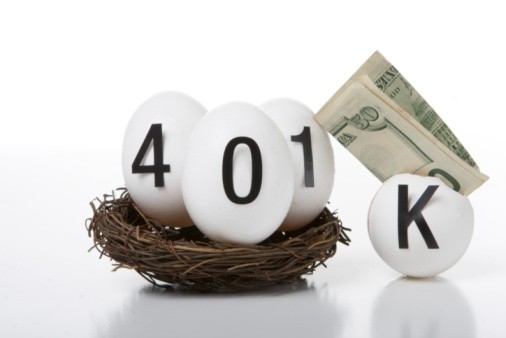Will ETFs in 401(k) Plans Make a Difference
Post on: 4 Май, 2015 No Comment

The defined contribution plan known as the 401(k) has provided access to investment opportunities in the form of mutual funds to over 88 million workers. While this doesn’t signify full participation, this access to the marketplace is nonetheless the most used form of retirement savings. These plans however are not without their faults and many of those problems contribute if not point directly to the lack of overall employee participation.
Mutual funds have dominated this space since the inception of these plan. The 401(k) was originally identified as a way for high earning individuals to gain access to additional savings opportunities. Soon after, the 401(k), referred to as a self-directed, defined contribution plan become the replacement for the defined benefit pension plan that was traditionally offered by giving employees the chance to direct their own money.
Mutual funds were a natural fit. They were low cost, easy to administer and allowed the purchase of fractional shares. Employees could pick their investments, set a contribution rate and adjust their investment goals overtime to suit their specific needs. This was not always how these plans were used by participants. Many less than savvy employees assumed too much or too little risk, allowed default investments chosen by the plan to be the core of their strategy and in many cases, were simply underinvested.
While these problems have improved over time with autoenrollment of new hires, auto escalation of contributions and with matching contributions from employers, the account balances in these funds still, according to retirement analysts falls well short of where they should be.
In this article, we’ll look at a list of these problems and attempt to determine if ETFs in your 401(k) plan, something the ETF providers are making serious inroads to offer, will make any difference in the rate of savings.
Using the Plan
Determining the Costs
All 401(k) plans come with a cost, which is, in part, passed on to the plan participant. These administrative costs have fallen in recent years and plans have honed their offerings to more specific, workforce-focused choices. It seems that every plan contains a selection of index funds, target date funds and a blended or hybrid offering. Some larger plans offer numerous additional investment opportunities for their workers while smaller fund plans do not. Most of the mutual funds in these plans also have seen expense reductions as well, making the cost of using the plan incredibly low.














